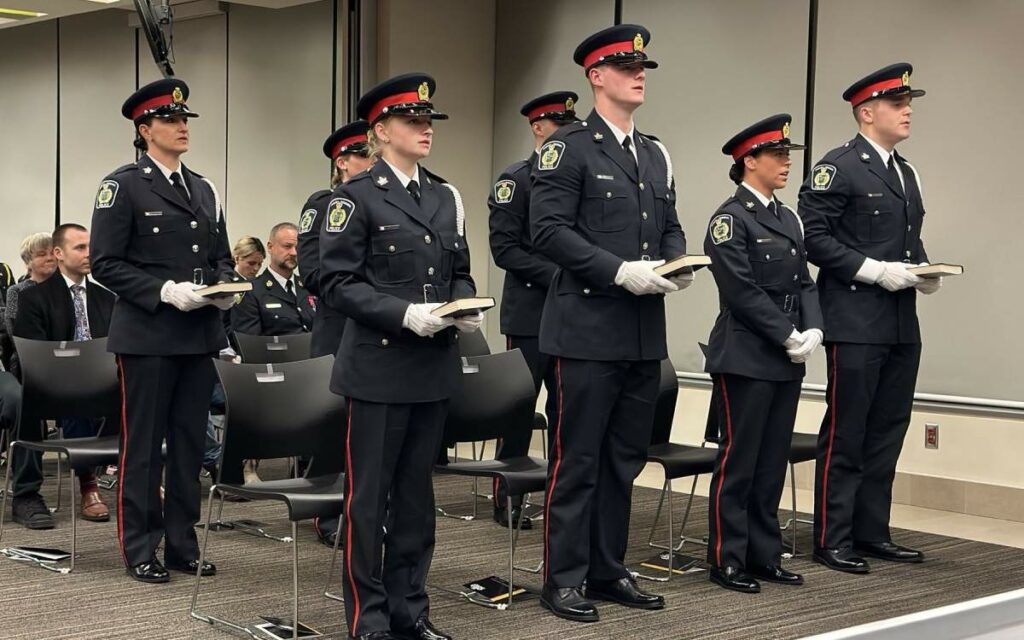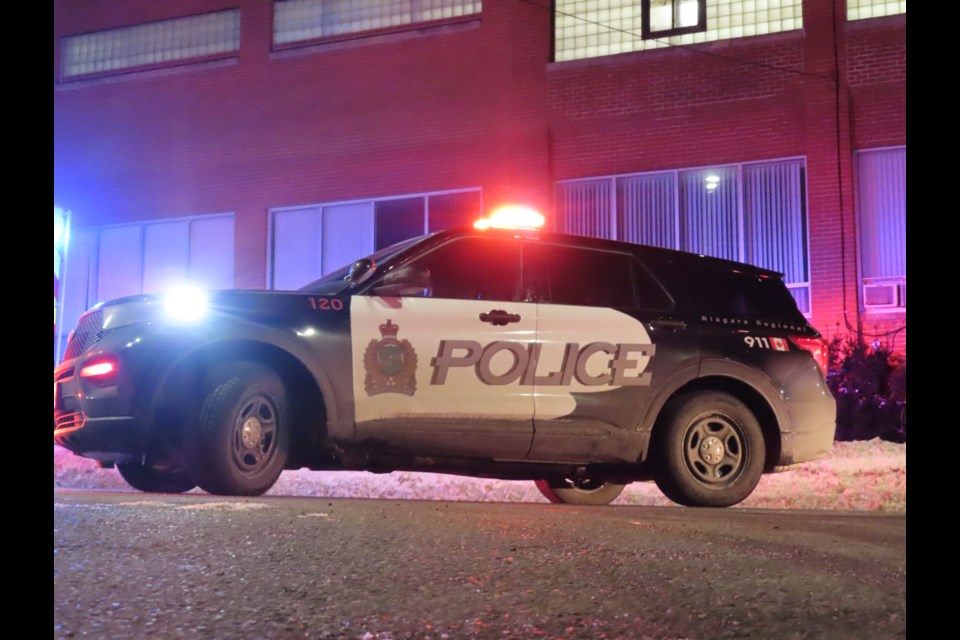Niagara police board urged to add BIPOC civilian member

NEWS RELEASE
NIAGARA REGION ANTI-RACISM ASSOCIATION
*************************
The Niagara Region Anti-Racism Association (NRARA) sent an open letter to Niagara Region Councillors on the Niagara Regional Police Service (NRPS) Board Public Representative Selection Committee on Feb. 8 asking them to give extra consideration to applicants who have never been police officers and are BIPOC.
The selection committee consists of Councillors Chiocchio, Ip, Steele, Foster, and Sorrento.
The principle of oversight from someone who has never been a police officer is in the 2007 Ontario Independent Police Review Act, which governs the selection of the province's Independent Police Review Director although not of the NRPS Board.
However NRARA believes the principle should be used anyway to improve the civilian character of police oversight in Niagara.
Saleh Waziruddin, an executive committee member of the Niagara Region Anti-Racism Association said, “Niagara can't afford to miss this opportunity to add fully civilian oversight by appointing someone to the police board who has never been a police officer. In the past appointed public representatives and even Regional Councillors on the NRPS Board have been former police officers, leaving less seats for those who are fully civilian. BIPOC people represent over 16% of the Region but are missing from the Board and have been for some time. If there aren't strong candidates who are fully civilian and also BIPOC then the Region needs to actively recruit these applicants next time because this is not right.”
The text of the letter is below:
Re: Open letter on public representative appointment to Niagara Regional Police Service Board
Dear NRPS Board Public Representative Selection Committee members Councillors Chiocchio, Ip, Steele, Foster, and Sorrento,
We urge you to give extra consideration to applicants for public representative appointment to the Niagara Regional Police Service (NRPS) Board who are fully civilian, i.e. have never been a police officer. This is in line with the principle set out in the 2007 Ontario Independent Police Review Act that the province's Independent Police Review Director must never have been a police officer.
While the Act does not govern your selection of the public representative, we believe the principle set out in the Act will make the oversight of the NRPS more fully civilian which is desirable.
We also urge you, within the pool of fully civilian (i.e. never have been a police officer) applicants, to give extra consideration to BIPOC, especially Indigenous and Black, applicants as these communities are not currently represented on the NRPS Board, and haven't been for some time.
These communities are more than 16% of the Region's population according to the 2021 Census.
Only a minority, three members, of the NRPS Board are accountable to voters as elected officials. The public representative is the only other member chosen by the Region's elected officials.
Past public representatives, and even many Regional Councillors appointed to the Board, have been former police officers.
To truly give an outside and fully civilian oversight to the NRPS, this opportunity to have a Board member who is appointed locally but not a municipal official or employee must not be missed to appoint someone who has never been a police officer, and who is BIPOC.
Perhaps there are not any strong applicants who have never been police officers, and who are not BIPOC.
There may be a misperception that one needs to have been a police officer to be qualified to serve on the Board. Because of the shortfall in racial diversity among police officers, in comparison to the diversity of the community, this will also discourage BIPOC applicants.
We believe it doesn't need to be this way and should be remedied in the future by proactive public recruitment to attract more candidates who are fully civilian and BIPOC.



